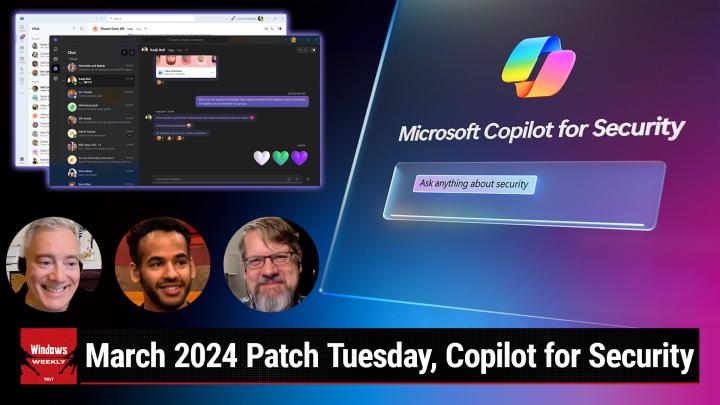Unpacking November's Midnight Blizzard Hack on Microsoft
Created with AI, edited by humans.
In a recent episode of the popular tech podcast Windows Weekly, hosts Mikah Sargent, Richard Campbell, and Paul Thurrott engaged in a lively discussion about the November 2023 Russian-sponsored hack on Microsoft and the company's subsequent disclosures. As the story unfolds with each revelation, the panelists dissected the situation, offering their theories and speculations on Microsoft's motives and the potential implications.
The discussion kicked off with Thurrott outlining the initial disclosure from Microsoft, which painted the hack as a controlled incident without any significant impact on customer data or modern software systems. However, as time progressed, the narrative shifted, with Microsoft admitting that the hackers gained access to more data than initially thought, including the company's source code.
Campbell raised an intriguing point, questioning why Microsoft chose to disclose the hack publicly when there was no legal requirement to do so, and no customer data was compromised. This departure from standard disclosure practices fueled speculation about Microsoft's underlying motives.
One theory proposed by the hosts was that Microsoft might be using the hack as a convenient justification for implementing sweeping security changes across the company. Thurrott drew parallels to Microsoft's "Trustworthy Computing 2.0" initiative in the past, suggesting that the hack could be a way for the company to expedite security overhauls that might otherwise face resistance from customers.
Another intriguing hypothesis revolved around the idea that Microsoft's disclosures were not intended for the public but for other parties, such as the government or the hacking group. Campbell speculated that the vague and cryptic nature of Microsoft's statements might be a strategic move, potentially aimed at political positioning or sending a message to the hackers.
As the discussion progressed, the panelists delved deeper into the nuances of Microsoft's language and the timing of the disclosures, which often coincided with market closures on Friday evenings – a tactic commonly used by corporations to bury unfavorable news.
Microsoft's approach to transparency regarding the hack raised more questions than answers. Thurrott aptly summarized the sentiment, stating that in their bid for transparency, Microsoft ironically appeared anything but transparent. Is Midnight Blizzard: The Trilogy in the works? Whether Microsoft's motives are driven by genuine transparency, strategic positioning, or a combination of factors, the story remains shrouded in intrigue, leaving Paul, Richard, and Mikah eagerly awaiting the full picture.
Become a subscriber and never miss an episode: Windows Weekly
